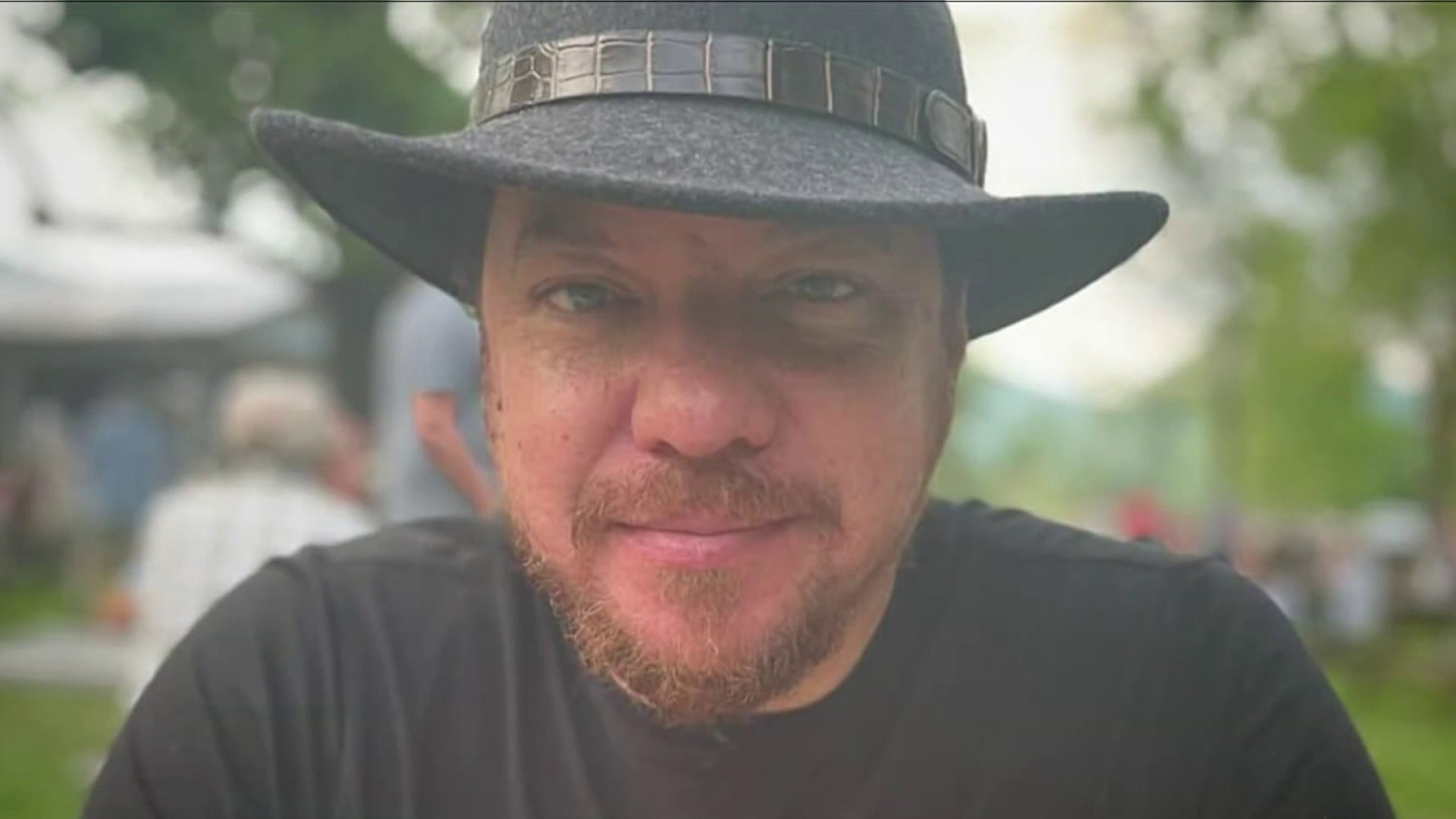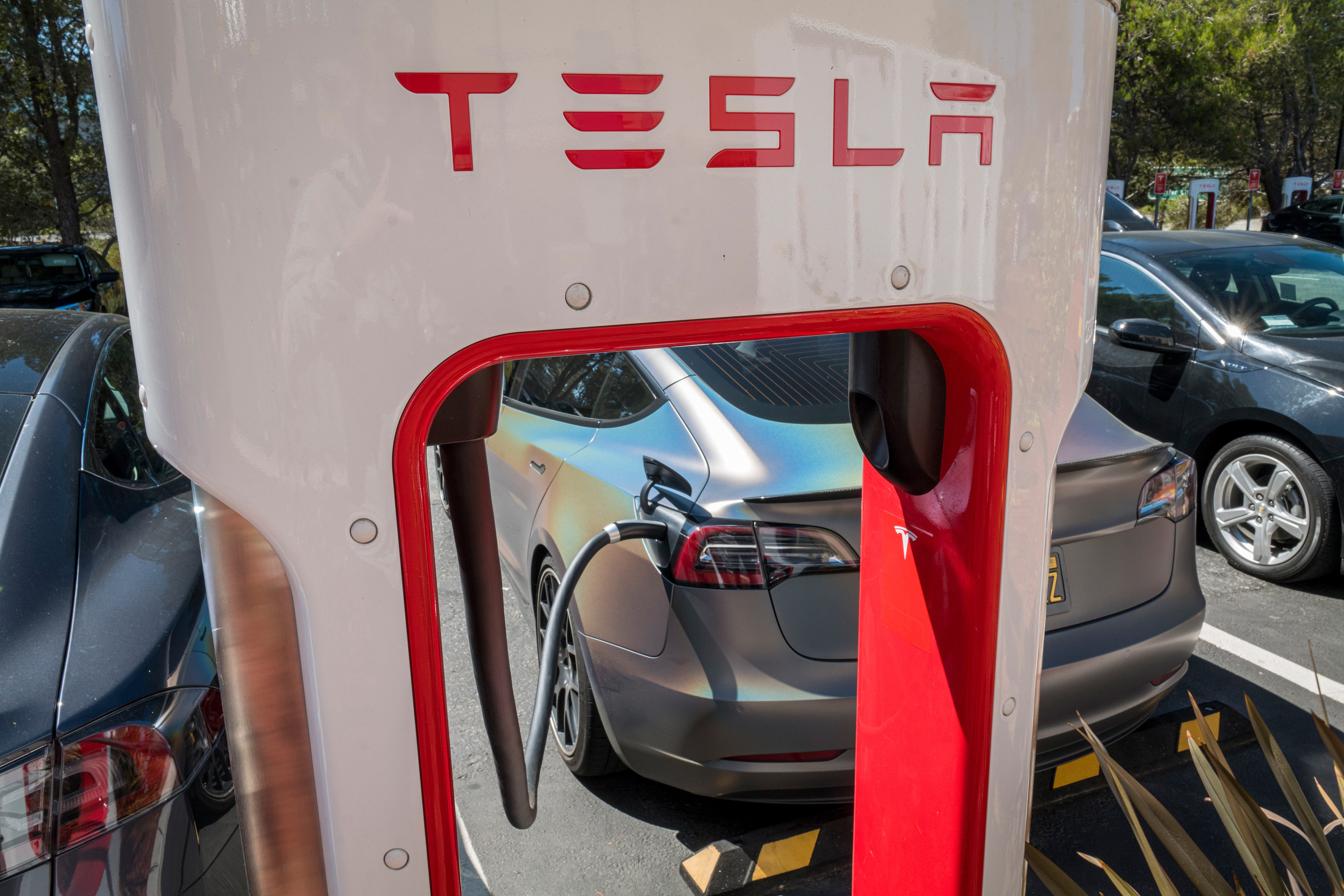A Tesla was operating on its Autopilot system and was speeding in the moments leading to a crash with a crossing tractor-trailer that killed the Tesla driver in July, Virginia authorities have determined.
The death of Pablo Teodoro III, 57, is the third since 2016 in which a Tesla that was using Autopilot ran underneath a crossing tractor-trailer, raising questions about the partially automated system's safety and where it should be allowed to operate.
The crash south of Washington, D.C., remains under investigation by the U.S. National Highway Traffic Safety Administration, which sent investigators to Virginia during the summer and began a broader probe of Autopilot more than two years ago. This week, the NTHSA announced that 2 million Tesla vehicles were under recall to issue a fix to the Autopilot system.
Jeffrey Long, spokesman for the Fauquier County Sheriff's Office, said Tuesday that investigators determined Autopilot was in use on Teodoro's Tesla Model Y by downloading information from the vehicle's event data recorder.
We've got the news you need to know to start your day. Sign up for the First & 4Most morning newsletter — delivered to your inbox daily. Sign up here.
Sheriff's investigators used a search warrant to get access to the recorder in late July. Authorities released some of the results this week after an inquiry by The Associated Press.
The Tesla was traveling 70 mph (112.7 kilometers per hour) on four-lane U.S. 29 near Opal, and was 25 mph over the 45 mph speed limit in that area, Long said. The road has a median and can be accessed at intersections and from driveways.
Long said Teodoro took action in the second before the crash, but he was not sure if that deactivated the system. He did not know what action Teodoro took, but said brakes were applied just one second before impact, slowing the vehicle a little.
He said he could not release the speed at impact or say whether Teodoro or the Tesla applied the brakes because his office is working with NHTSA on its ongoing investigation.
Prior to the crash, the Tesla warned Teodoro to take control of the car because it detected something in the way. But neither the car, which is equipped with Automatic Emergency Braking, nor Teodoro stopped it in time to avoid the crash.
Long said an accident investigator's analysis of the data recorder “indicated that the system was aware of something in the roadway and was sending messages” to the driver.
“Our investigation also determined that the driver would have had adequate time and distance to avoid the crash had he been traveling at the speed limit,” Long said in a statement. “The full investigation concluded that the driver would have had more than adequate time to brake and even come to a complete stop.”
Initially the truck driver in the crash was charged with reckless driving for creating a barrier to traffic, Long said, but the charge was dropped in October by the commonwealth attorney at the request of the Sheriff's Office.
Under Virginia law, a driver gives up the legal right-of-way if they violate the speed limit, Long said.
The tractor-trailer was pulling from a truck stop onto the highway at the time of the crash, authorities said.
In October of 2021, the head of the National Transportation Safety Board called on Tesla to limit where Autopilot can operate and to put a better system in place to make sure drivers are paying attention.
Chairwoman Jennifer Homendy wrote to CEO Elon Musk pointing out that her agency's investigation of a similar crash with a semi in 2016 found that Tesla allows its vehicles to run on Autopilot on roads where it wasn’t designed to operate safety. An NTSB spokesman said Tuesday that Musk has not responded to Homendy’s letter.
Tesla did not immediately respond to messages seeking comment.
Its website says Autopilot and a more sophisticated “Full Self Driving” system cannot drive themselves and are meant to assist drivers who have to be ready to intervene at all times.
With Autopilot, a Tesla can steer, accelerate and brake automatically in its lane, the website says.
In a statement posted Monday on X, formerly Twitter, Tesla said safety is stronger when Autopilot is engaged.
The Virginia crash brings to 35 the number of Tesla crashes under investigation by NHTSA since June of 2016. In all the cases, the agency suspects the Teslas were operating on a partially automated driving system. At least 17 people have died.
Recent crashes NHTSA is investigating include a July 5 head-on collision between a Tesla Model 3 and Subaru Impreza in South Lake Tahoe, California. The driver of the Subaru and an infant traveling in the Tesla were killed.
NHTSA also sent investigators to a March 15 crash in Halifax County, North Carolina, that injured a 17-year-old student. The State Highway Patrol said at the time that the driver of the 2022 Tesla Model Y, a 51-year-old male, failed to stop for the bus, which was displaying all of its activated warning devices.
A message was left seeking comment from the agency, which hasn’t made public the results of its Tesla crash investigations.



